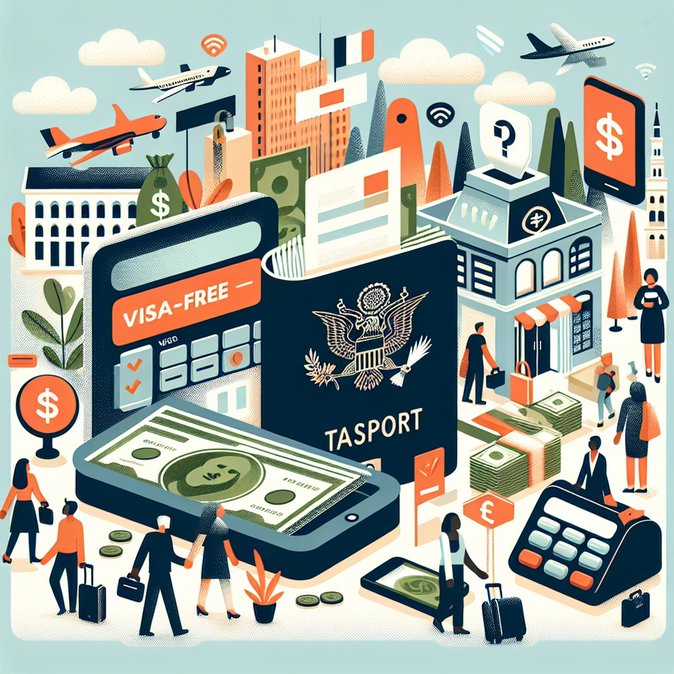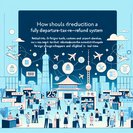
China’s Ministry of Commerce (MOFCOM) reported on 28 October 2025 that spending by foreign visitors in September jumped sharply, crediting visa-free transit, tax-refund upgrades and digital-payment access for the surge.
Shanghai logged RMB 455 million in foreign tourist purchases during the month, a 212 percent year-on-year increase, while Beijing recorded RMB 1.13 billion, up 48 percent. Retailers in duty-free zones and downtown “tax-refund streets” cite a noticeable rise in weekend arrivals using the 240-hour visa-free policy, especially from the United States and Europe.
The government has lowered the minimum purchase threshold for VAT refunds and raised the cash-refund ceiling, making high-ticket electronics and luxury items more attractive. Payment giants Alipay and WeChat Pay have also rolled out foreign card binding, removing a long-standing barrier for overseas shoppers.
For brands operating China boutiques, the figures suggest inbound tourism is becoming a meaningful revenue driver again. Several luxury houses are considering reinstating China-only product launches that were paused during the pandemic. Hospitality groups expect higher RevPAR in Q4 as shopping-oriented short breaks grow.
Corporate tax teams should note that local authorities are stepping up audits of tax-refund claims; retailers must ensure point-of-sale systems capture passport data accurately to avoid penalties.
Shanghai logged RMB 455 million in foreign tourist purchases during the month, a 212 percent year-on-year increase, while Beijing recorded RMB 1.13 billion, up 48 percent. Retailers in duty-free zones and downtown “tax-refund streets” cite a noticeable rise in weekend arrivals using the 240-hour visa-free policy, especially from the United States and Europe.
The government has lowered the minimum purchase threshold for VAT refunds and raised the cash-refund ceiling, making high-ticket electronics and luxury items more attractive. Payment giants Alipay and WeChat Pay have also rolled out foreign card binding, removing a long-standing barrier for overseas shoppers.
For brands operating China boutiques, the figures suggest inbound tourism is becoming a meaningful revenue driver again. Several luxury houses are considering reinstating China-only product launches that were paused during the pandemic. Hospitality groups expect higher RevPAR in Q4 as shopping-oriented short breaks grow.
Corporate tax teams should note that local authorities are stepping up audits of tax-refund claims; retailers must ensure point-of-sale systems capture passport data accurately to avoid penalties.










